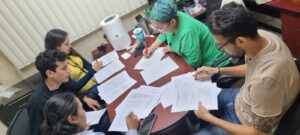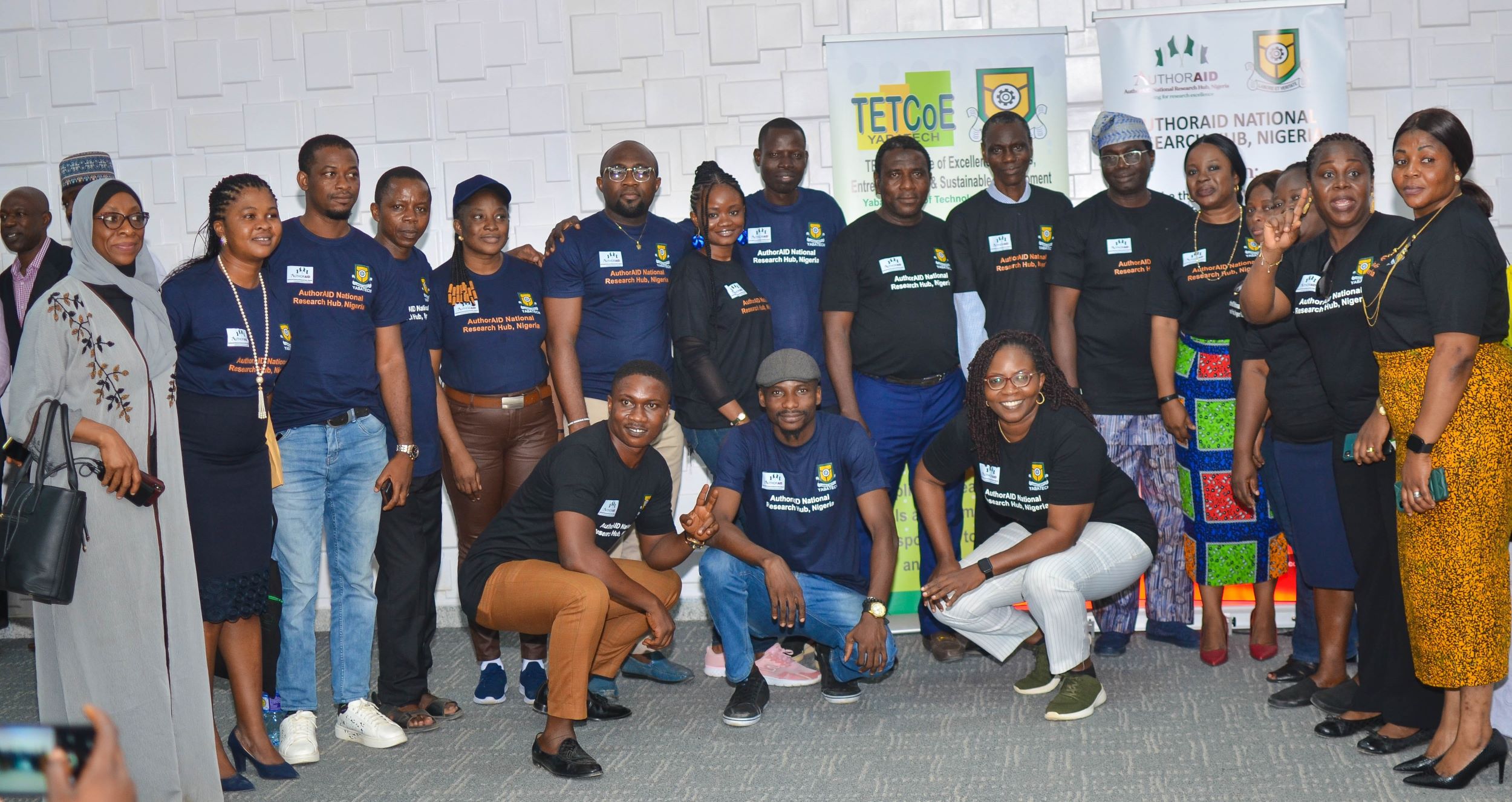
Launching AuthorAID hubs to deepen community engagement
Our aim with AuthorAID is to see more of its content and online courses coordinated and led by researchers in the Global South. In 2022 we awarded seed grants to six teams to explore what this might look like in their regions. Dr Funmilayo Doherty explains what motivated her and colleagues set up the new AuthorAID Nigeria hub and discusses their ambitions for the future.
Funmilayo has a long-standing association with AuthorAID and INASP, dating back several years to when she won an AuthorAID grant to organise an online course on grant proposal writing – “the first one ever at my institution – aimed at researchers, academics and professionals.”
It garnered a lot of publicity and convinced Funmilayo of the flexibility of online courses, where lots of people can participate anytime, anywhere. She saw first-hand the benefits that AuthorAID could bring to researchers in the Global South who are not always privy to the same resources and access to information as their Global North counterparts.
“I’ve exchanged a lot of knowledge”
Funmilayo explains: “AuthorAID and the research writing course helped to build me up and enhance my capabilities. I tell a lot of people joining the AuthorAID hub that there are so many resources on the AuthorAID platform than can help and develop you. Through the AuthorAID network, I have met a lot of professionals and exchanged a lot of knowledge.”
Fast forward to the present, and Funmilayo continues to fly the AuthorAID flag as an AuthorAID steward, guest facilitator on its Massive Open Online Courses (MOOCs) and as coordinator of an AuthorAID Journal Club. In 2022 she also became an INASP Associate.
Funmilayo continues: “Nigeria has a population of over 200 million people, and the structures and facilities for education and research are inadequate. So many of us rely on this kind of opportunity to build capacity. The research hub for Nigerians will provide opportunity to offer support and exchange of ideas for researchers and enable them to gain access to AuthorAID resources, like I did.”
A team effort
The hub was launched in December, with the support of Lagos at Yaba College of Technology (Yabatech), where Funmilayo is head of the biological sciences department and a team. But Funmilayo is keen to point out that the hub is not about individual personalities and is run very much as a nationwide team effort – comprising experts and institutions drawn from across Nigeria.
In addition to Yabatech, other collaborating institutions are the universities of Port Harcourt, Lagos, Calabar, the University of Nigeria, Nsukka, the Federal Teaching Hospital, Gombe, and the Institute of Mangrove Ecology and Environmental Technology in Delta State.
Funmilayo adds: “Several institutions are involved in the National Hub and early career researchers in Nigeria are now aware and want to be part of what we are doing and attend the workshops”.
A hub for all of Nigeria
As national coordinator, Funmilayo works as part of a national team of eight to make sure the hub reaches as many parts of the country as possible. “Nigeria is large, and we wanted to make sure that the country’s geopolitical zones were represented, so we have appointed a coordinator for each region,” she adds.
Funmilayo continues: “We have designed it to ensure the hub is representative of the whole country and not just one part. We wanted to make sure those researchers based in the north had the same opportunities as those based in the southern part of the country and can collaboratively work together through the hub.”
The national team comprises hugely experienced academics and researchers from a range of disciplines and professions, including Dr Zainab Yunusa-Kaltungo, who represents the Northern region and is also an AuthorAID steward, and the hub’s data specialist Felix Emeka Anyiam, another steward and INASP Associate.
Funmilayo said: “Many early career researchers in Nigeria are not aware of key issues like plagiarism, predatory journals and conferences, or basic research ethics. AuthorAID online courses and our new hub can help fill that gap.
Prospering not perishing
“As a researcher and academic in Nigeria, you either publish or perish. The Nigeria hub gives early career researchers the opportunity to learn how to get their work published in high impact journals. We hope through our hub and the AuthorAID online courses we can reach many, many more researchers who would not otherwise have access to this vital information and resources.”
Those who have joined the hub include post graduate students, early career researchers, and post-doctoral researchers, both within and outside the country. The hub defines early career researchers as ‘those with not more than eight years post PhD award or equivalent professional training’.
The team’s focus since the launch has been to build the hub’s membership and to offer opportunities for members to learn in the process. The team has established a mailing list of more than 800 people and a strong social media presence.
“Our WhatsApp community has over 560 members – and is still growing – who want to network, collaborate, exchange ideas, or join discussion groups. They might need mentoring, funding, or publishing advice. Nigerians like to communicate via WhatsApp because it is convenient”.
Workshop and webinar topics have emerged from discussions in the hub’s lively WhatsApp group, and in response to current trends in the research space.
Since the hub’s launch, several workshops have been organised, including a three-day workshop on data science led by Felix, a session on research writing, and webinars on the impact of ChatGPT, all saved on the hub’s YouTube channel. The team have also established a new journal club in Education and Allied Disciplines. The team’s plan is to host a workshop every month.
Coming together for impact
The initiative has a bold vision “To be the hub that empowers researchers, embracing and contributing to a sustainable research ecosystem, to increase the national research value chain in Nigeria.”
“We want to be a voice in Nigeria and work alongside policymakers to make a difference. We are a team of researchers who are coming together to make an impact” she explains.
More information about the hub is available on the AuthorAID platform.
Interview by Sarah Holmes

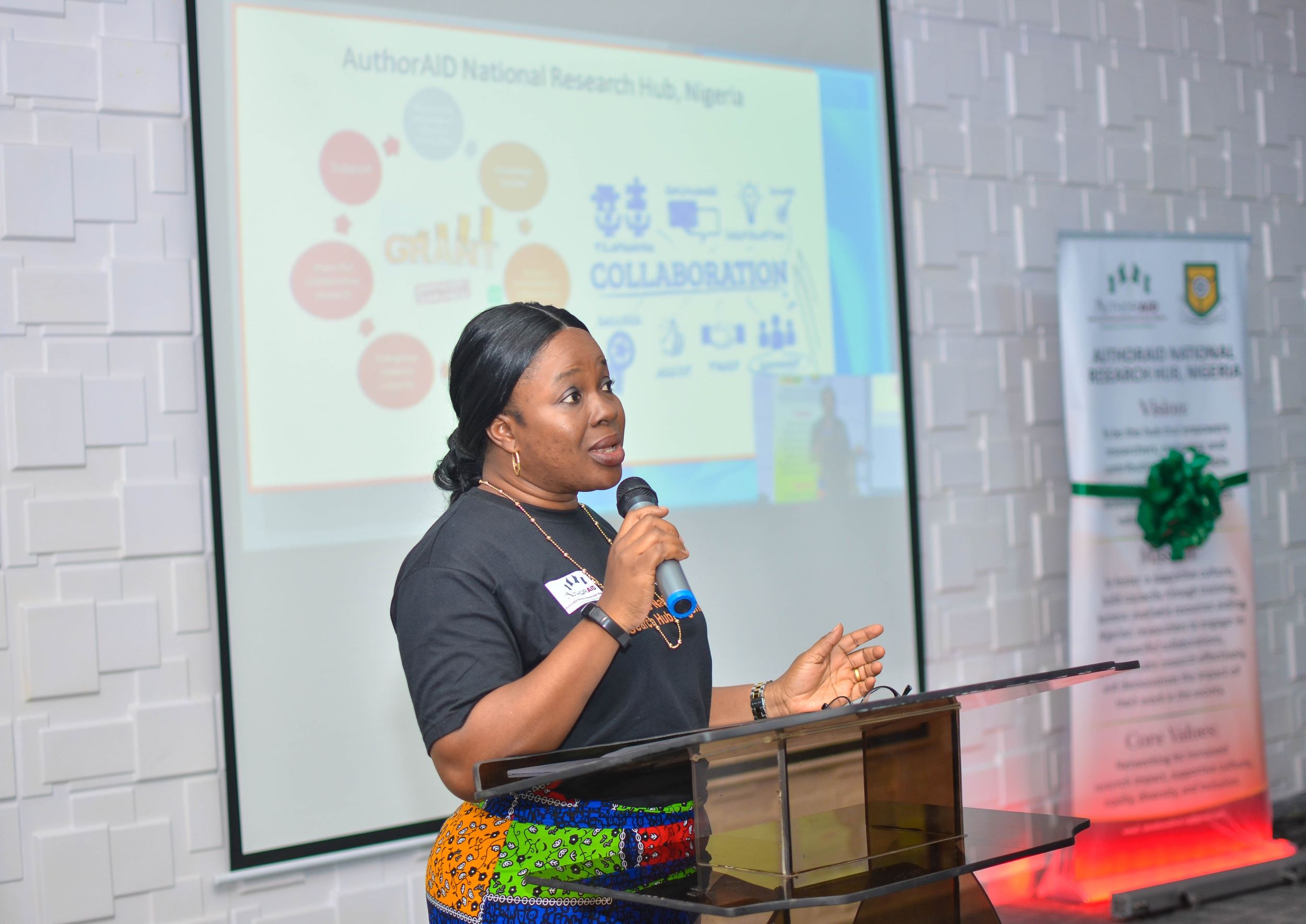
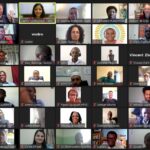 Previous Post
Previous Post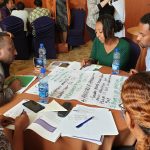 Next Post
Next Post

